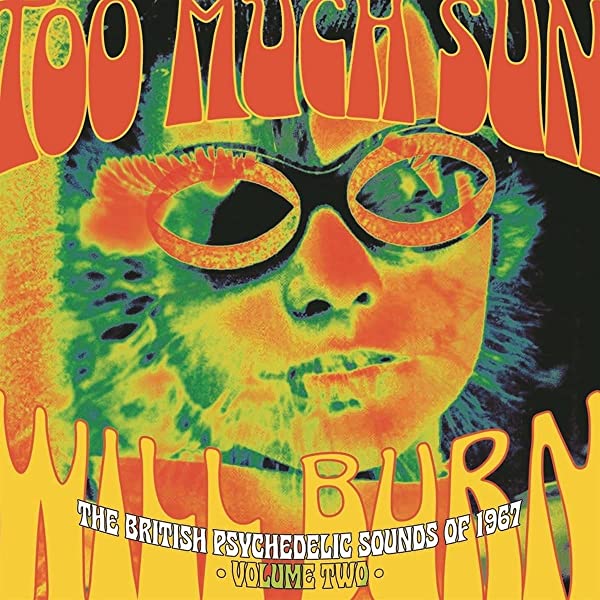More than 20 years ago, the Rhino label issued a four-CD, 109-track box set of frequently psychedelic late 1960s rock obscurities called Nuggets II: Original Artyfacts from the British Empire and Beyond. You might think that would be enough to cover the territory, but this was an incredibly fertile time and place for the genre. In 2016, England’s Grapefruit label narrowed the focus to that country and a single key year and still managed to come up with three CDs’ worth of noteworthy but largely little-known music for Let’s Go Down and Blow Our Minds: The British Psychedelic Sounds of 1967.
Now comes its sequel, Too Much Sun Will Burn: The British Psychedelic Sounds of 1967, Volume 2, which showcases 79 more great tracks (only four of which appear in the Rhino collection). If you need a reminder of just how adventurous rock artists were back in ’67 – or of just how many of them grabbed a seat on the psychedelic bandwagon – this three-disc set will deliver.
The clamshell-boxed anthology embraces a few hits, albeit not necessarily ones that made a mark on U.S. charts. Among them: Traffic’s terrific, sitar-spiced “Paper Sun,” a Top 5 UK single (presented here in its original mono version) whose lyrics provide the anthology’s title; and Procol Harum’s “Homburg,” the magnificent follow-up to “A Whiter Shade of Pale,” which made it to No. 38 in the States. Here, too, is “Let’s Go to San Francisco (Parts 1 & 2),” a big British hit by a group called the Flower Pot Men that once filled two sides of a 45 and contains as many sonic elements as the Beach Boys’ “Heroes and Villains.”
The set also features album tracks from a smattering of other prominent acts from the period, including the Incredible String Band (“Painting Box”), the Move (“Wave the Flag and Stop the Train”), the Pretty Things (“Mr. Invasion”), the Easybeats (“Heaven and Hell”), the Who (“Silas Stingy”), the Hollies (“King Midas in Reverse”), and the Small Faces (“Patterns”). Here, too, are pre-fame songs by a few soon-to-be-luminous artists, such as David Bowie (“Silly Boy Blue”), Elton John (“Nina,” from a planned debut album that never materialized), and future Fairport Convention singer Sandy Denny (featured here with Strawbs on “Two Weeks Last Summer”).
Like its predecessor, though, this box focuses mostly on music from cult favorites and other no-hit wonders – songs you’ve probably never heard of by acts you’ve probably also never heard of. Much of the material has not been on CD before or, in some cases, has not previously been issued at all.
A few tracks, such as Blossom Toes’ “Look at Me, I’m You,” now sound dated and designed mainly just to cash in on current trends. Even those songs are fascinating anachronisms, though, and the quality of most of Too Much Sun Will Burn is impressively consistent, especially given that many of its tracks never charted.
Among the numerous highlights: “Tiny Goddess,“ a heavily Beatles-influenced recording by Nirvana (not to be confused with Kurt Cobain’s identically named American band), “Baby Your Phrasing Is Bad,” a phased-guitar extravaganza from an artist named Caleb Quaye; “Gypsy Fred” by Liverpool’s Koobas, a group that sounds a bit like the Association; and “Turn of the Century,” a Bee Gees cover by a pop outfit called Tony Rivers & the Castaways. Also, “14 Hour Technicolour Dream,” a B-side from a group called the Syn that ostensibly describes an April 1967 countercultural event in London but that sure sounds like a song about LSD.
A well-illustrated 48-page booklet adds discographic information and does a good job of telling the stories behind these tracks but fails to include songwriter credits for many of them.
Also Noteworthy
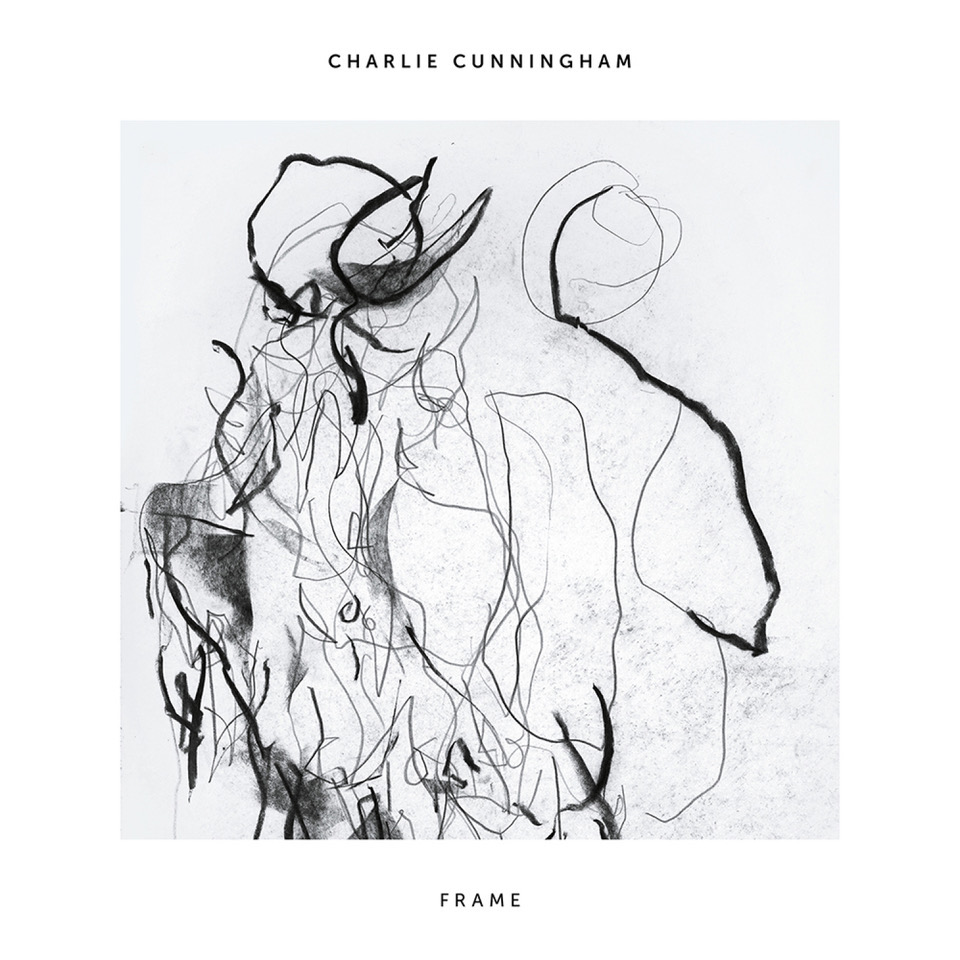
Charlie Cunningham, Frame. Turn down the lights, burn a candle, and enjoy this affecting third full-length album from England’s Charlie Cunningham, the follow-up to 2019’s Permanent Way. Working with his long-time producer, Sam Hudson Scott, the singer, songwriter, and guitarist has crafted an atmospheric, largely acoustic set whose jazz-inflected folk/pop songs can sound as intimate as those by Nick Drake and as seductive as a performance by Sade. If Frame can’t put you in a calm, meditative mood, nothing will.
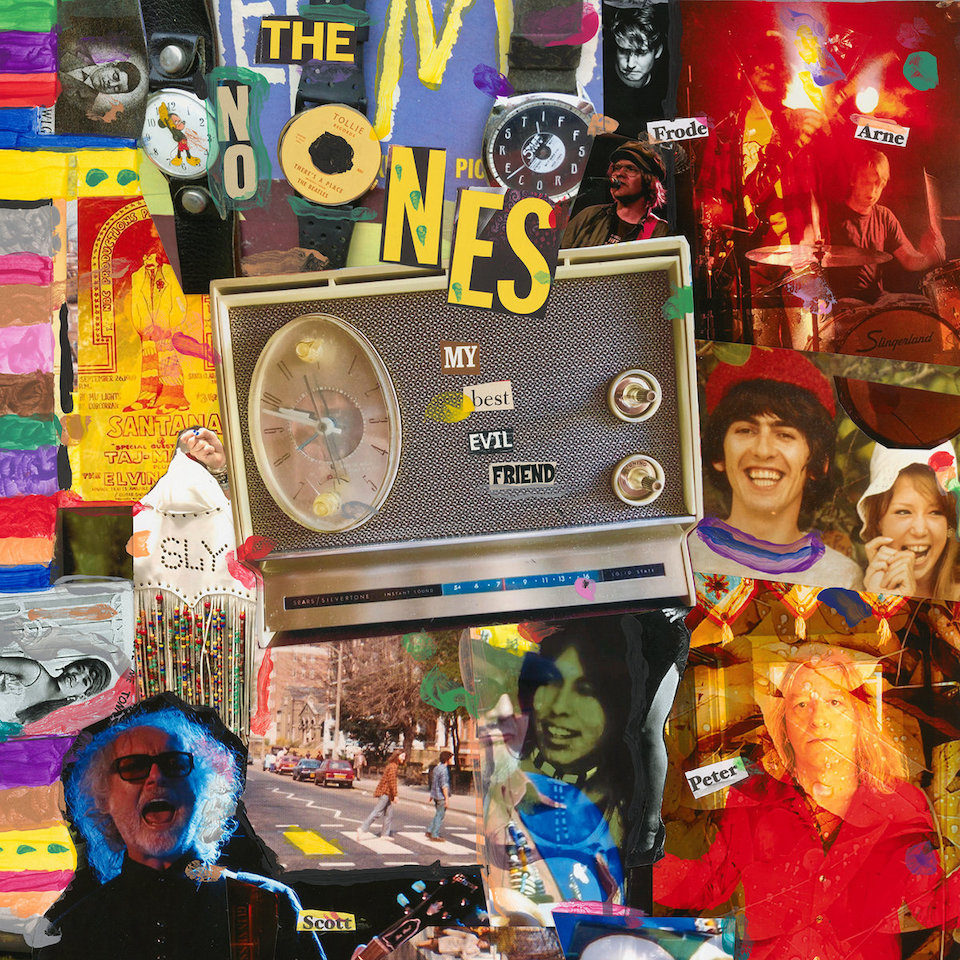
The No Ones, My Best Evil Friend. The No Ones aren’t nobodies: they include R.E.M. co-founder and lead guitarist Peter Buck as well as lyricist and multi-instrumentalist Scott McCaughey, who played with that group from 1994 to 2011. Rounding out the quartet are keyboardist and percussionist Arne Kjelsrud Mathisen and Frode Stromstad, two veterans of the Norwegian power pop band I Was a King. As song titles like “Phil Ochs Is Dead,” “Cameo Parkway,” and “One Night at the Fillmore” suggest, this sophomore album has at least one foot in the 1960s. Its music, which recalls acts ranging from Dwight Twilley to the Byrds, is a treat: consistently smart, addictively hooked, and anthemic. Turn it up. No, even louder.
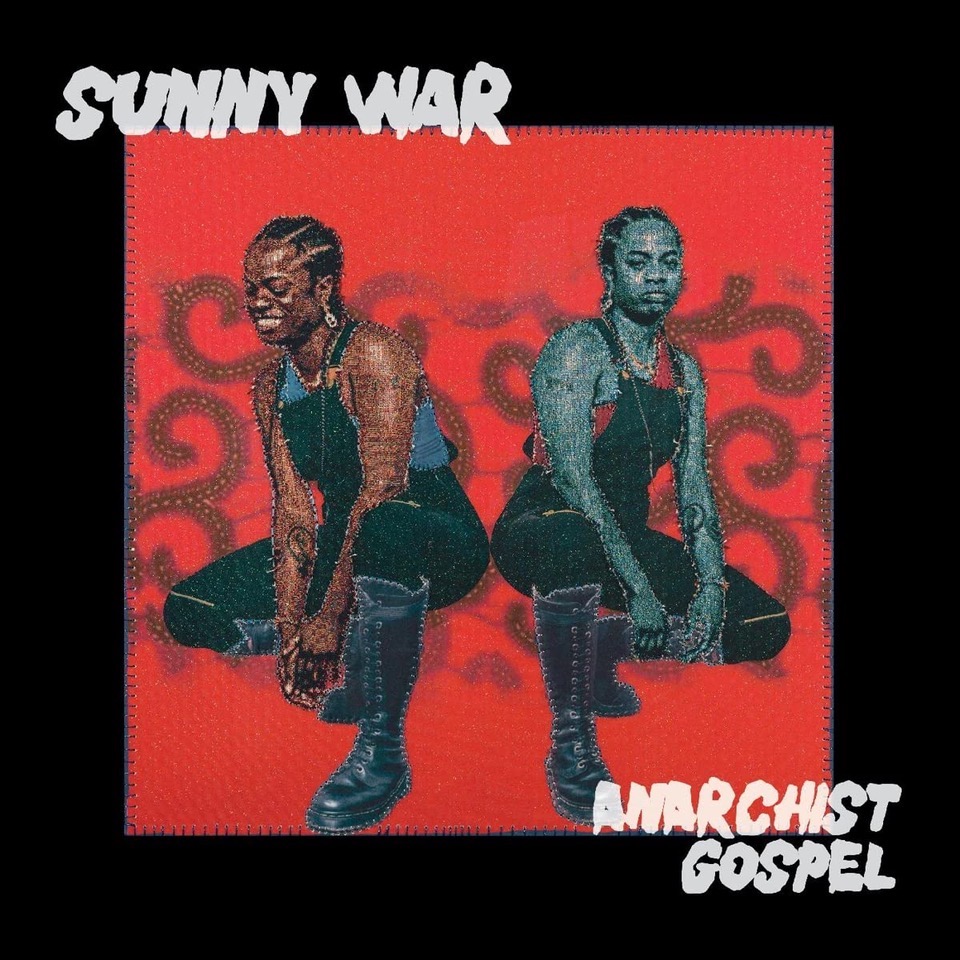
Sunny War, Anarchist Gospel. Sunny War’s latest album, which opens with a song called “Love’s Death Bed,” seems to be largely about the end of a relationship. In several ways, though, this bluesy folk set also marks beginnings: it is War’s first album for New West, a leading Americana-focused label; and she has also teamed up with a new producer, Nashville’s Andrija Tokic (Alabama Shakes), and found some new collaborators, including singer/songwriter Chris Pierce, guitarist David Rawlings, and My Morning Jacket’s Jim James. Those changes are all welcome, but her chief strengths remain the same as on her terrific earlier releases: imaginatively arranged and engrossing music; warm, emotive vocals that often recall Joan Armatrading; and fine fingerstyle acoustic guitar work. As I wrote in a review of War’s With the Sun album in 2018, “The fact that this woman was recently singing on the streets in California for spare change is mind-boggling; she belongs in concert halls where large audiences can give her the standing ovations she deserves.”
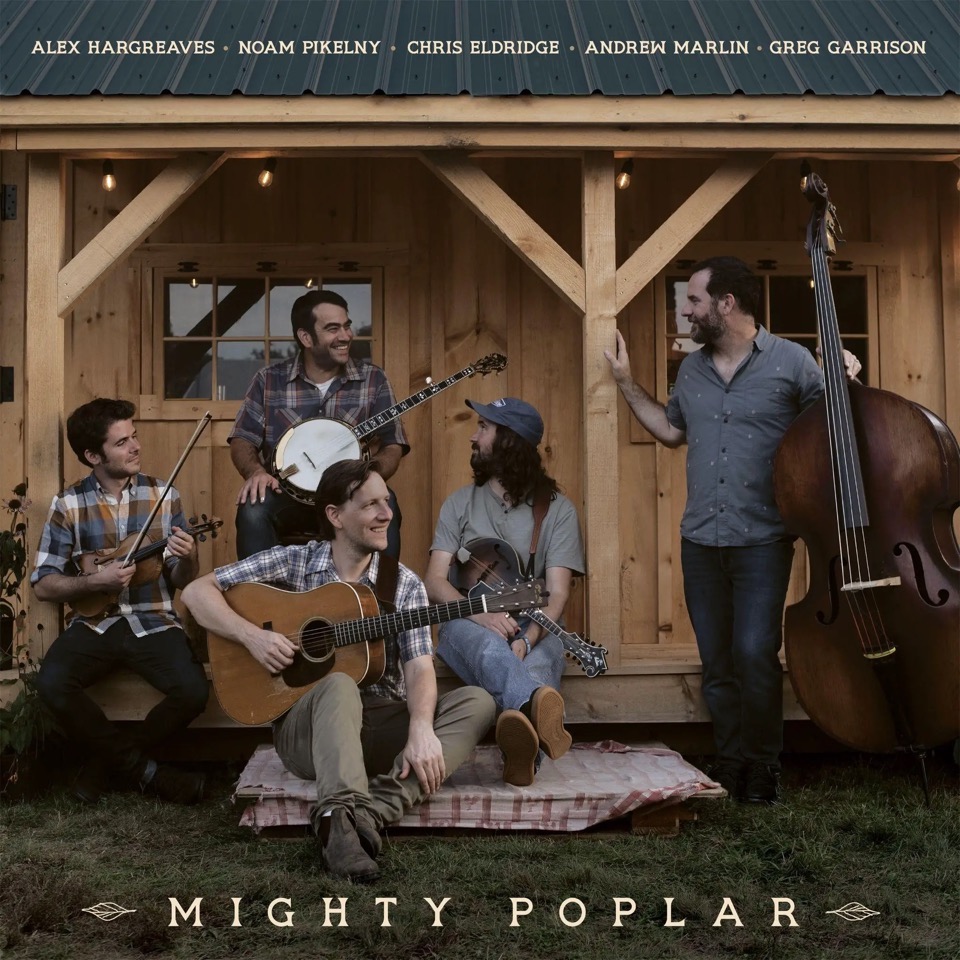
Mighty Poplar, Mighty Poplar. Five veteran bluegrass players join forces on this eponymous debut, which is loaded with virtuoso performances, particularly by Billy Strings fiddler Alex Hargreaves and banjo player Noam Pikelny. Traditional material, such as A.P. Carter’s “A Distant Land to Roam” and “Blackjack Davy,” dominates the 10-song set, but Mighty Poplar also makes room for more contemporary material, including Bob Dylan’s “North Country Blues,” John Hartford’s “Let Him Go On, Mama,” and Leonard Cohen’s “Story of Isaac.”
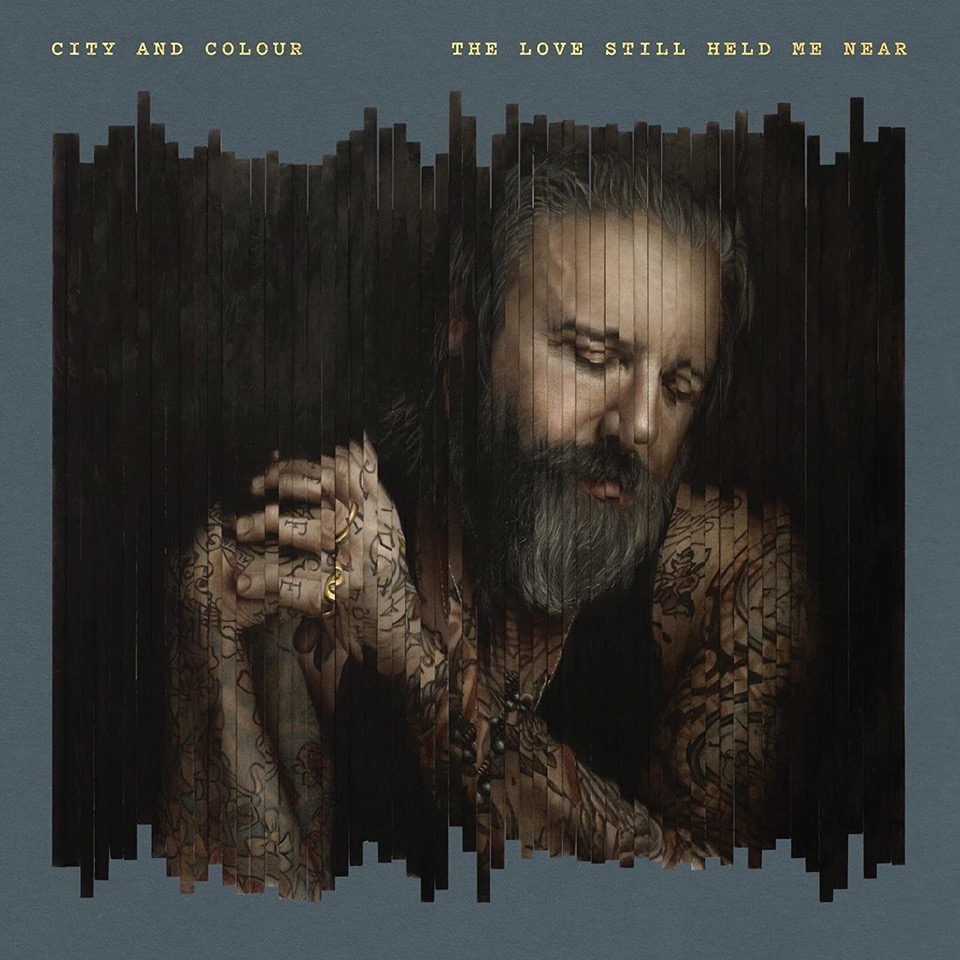
City and Colour, The Love Still Held Me Near. Singer/songwriter Dallas Green, a Canadian who co-founded the hardcore punk band Alexisonfire, has previously recorded six decidedly gentler albums under the stage name City and Color, the last four of which all made it to No. 1 in his home country. This affecting seventh release seems likely to follow suit and will perhaps garner Green more attention south of the border, as well. He made the CD shortly after the most difficult period in his life, which included the tragic loss of his best friend. “It’s about digging deep down into yourself and attempting to unearth hope and light in the things that can comfort you through those times,” says Green, whose vocals often sound reminiscent of Jeff Buckley.
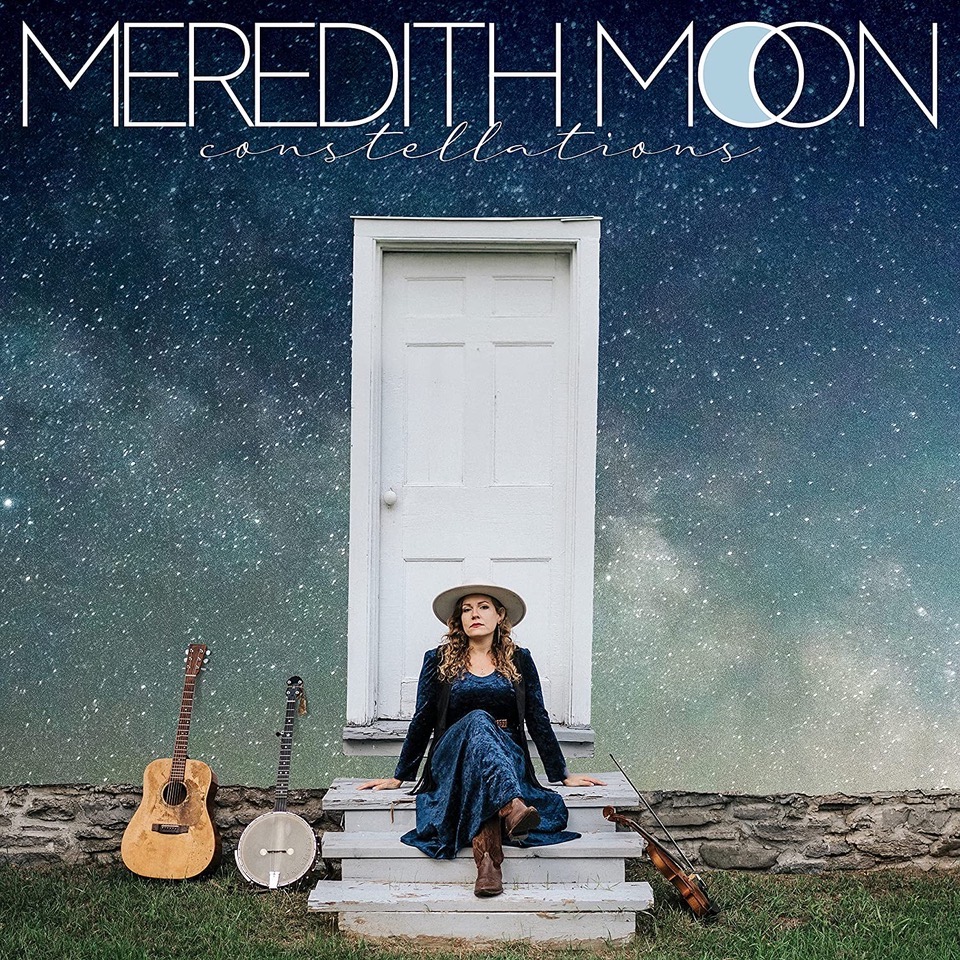
Meredith Moon, Constellations. Toronto-based singer/songwriter Meredith Moon happens to be the daughter of Gordon Lightfoot. That could undoubtedly open a few doors, though she has reportedly worked to downplay the connection so she could make it on her own merits. She seems poised to do just that, given the considerable talent that this second full-length album demonstrates. Moon writes heartfelt folk songs, sings beautifully, and plays several instruments masterfully – especially clawhammer banjo and finger-style guitar and also lap dulcimer and piano.
Jeff Burger’s website, byjeffburger.com, contains five decades’ worth of music reviews, interviews, and commentary. His books include Dylan on Dylan: Interviews and Encounters, Lennon on Lennon: Conversations with John Lennon, Leonard Cohen on Leonard Cohen: Interviews and Encounters, and Springsteen on Springsteen: Interviews, Speeches, and Encounters.


